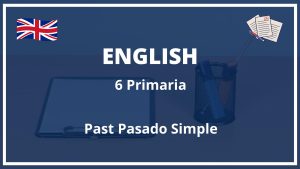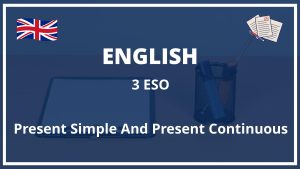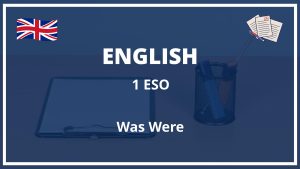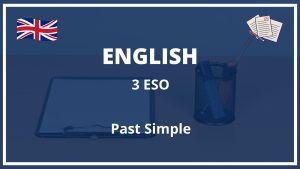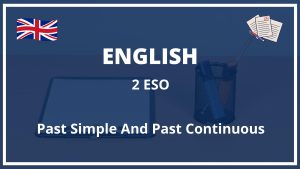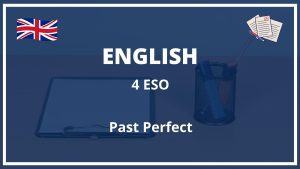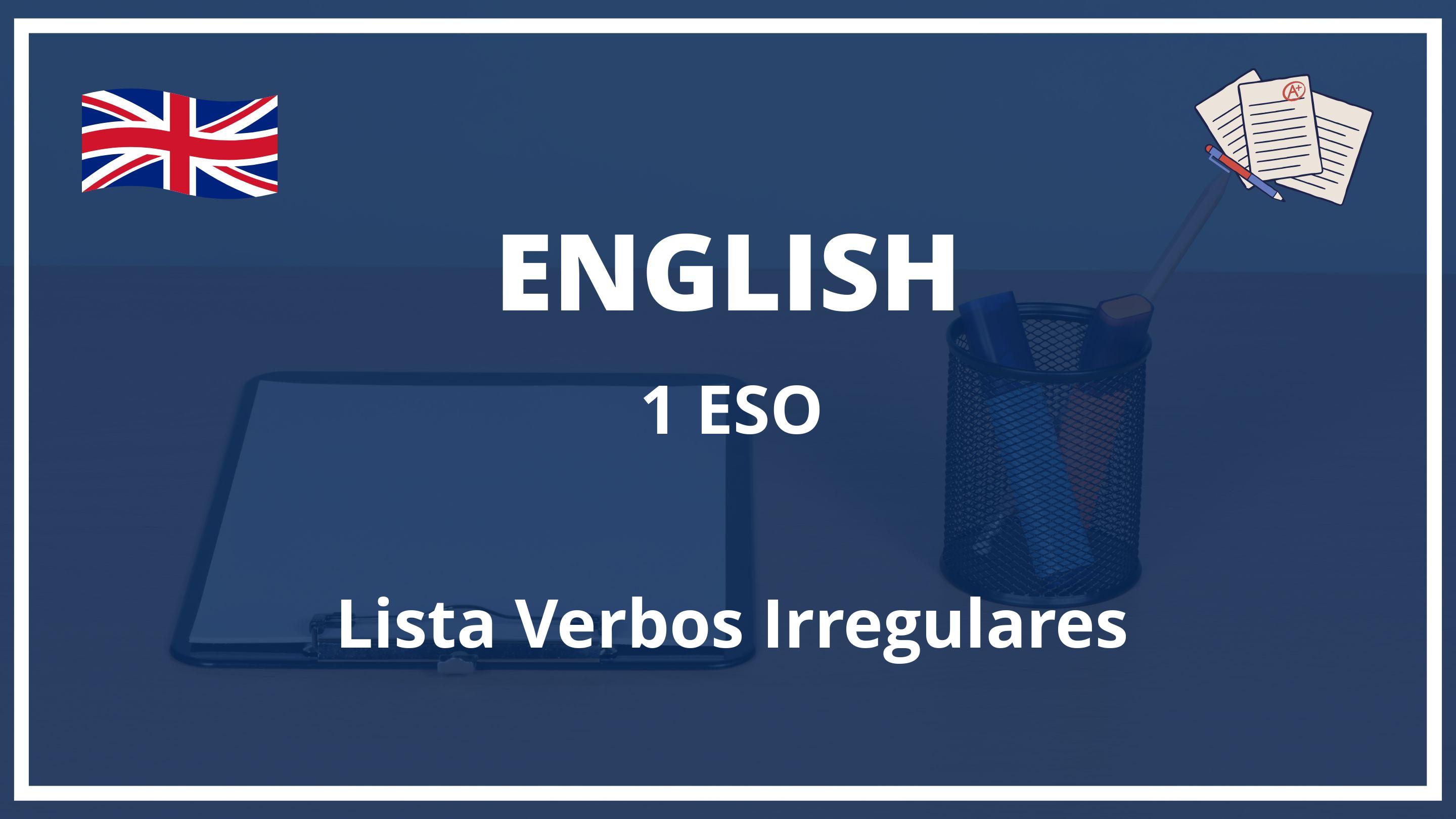
Abrir Ejercicios Lista Verbos Irregulares 1 ESO | Exercices
La lista de verbos irregulares en inglés es una de las cosas más importantes que debes aprender para hablar y escribir este idioma de manera correcta. Los verbos irregulares en inglés son aquellos que no se conjugan siguiendo las reglas regulares de la gramática. Es decir, no se pueden conjugar añadiendo simplemente la terminación -ed para formar el pasado y el participio pasado, ni tampoco se pueden conjugar añadiendo la terminación -s para formar el presente de tercera persona del singular. En esta lista de verbos irregulares en inglés podrás encontrar todos los verbos irregulares que existen en este idioma, así como su conjugación en los tiempos más utilizados. Aprender estos verbos te será de gran ayuda para mejorar tu nivel de inglés y poder expresarte de manera correcta tanto en speaking como en writing. Lista de verbos irregulares en inglés
Aquí tienes una lista de los principales verbos irregulares en inglés:
Presente Simple (I am, you are, he/she/it is):
- be
- do
- have
Pasado Simple (I was, you were, he/she/it was):
- be
- do
- have
- go
Presente Perfecto (I have been, you have been, he/she/it has been):
- be
- do
- have
- go
Pasado Perfecto (I had been, you had been, he/she/it had been):
- be
- do
- have
Presente Participio (being, doing, having):
- be
- do
- have
Pasado Participio (been, done, had):
- be
- do
- have
Gerundio (being, doing, having):
- be
- do
- have
Ejercicios Resueltos Lista Verbos Irregulares Ingles 1 Eso
Exercises Resolved List of Irregular Verbs English 1 Eso
In this article we will see a list of irregular verbs in English with their corresponding translation into Spanish. We will also see some examples of use of these verbs in both languages.
The irregular verbs in English are those that do not follow the rule of conjugation of regular verbs, that is, they do not follow the pattern of adding the endings -ed, -es, -s in the past simple and past participle. These verbs have a completely different conjugation or they keep the same root in all their tenses.
Some of the most common irregular verbs in English are: be, have, do, say, go.
Here is a list of the most important irregular verbs in English with their translation into Spanish and some examples of use:
- Be – Ser, Estar
I am a student. Soy estudiante.
You are my friend. Eres mi amigo.
He/she/it is my brother/sister. Es mi hermano/hermana.
We are friends. Somos amigos.
You are students. Sois estudiantes.
They are my parents. Son mis padres.
- Have – Tener
I have a book. Tengo un libro.
You have two cats. Tienes dos gatos.
He/she/it has a new car. Tiene un coche nuevo.
We have a house. Tenemos una casa.
You have a pet. Tenéis un animal de compañía.
They have two dogs. Tienen dos perros.
- Do – Hacer
I do my homework. Hago mi tarea.
You do the shopping. Haces la compra.
He/she/it does the housework. Hace la limpieza.
We do the laundry. Hacemos la colada.
You do the dishes. Hacéis los platos.
They do the gardening. Hacen la jardinería.
- Say – Decir
I say hello. Digó hola.
You say goodbye. Dices adiós.
He/she/it says thanks. Dice gracias.
We say congratulations. Decimos felicidades.
You say sorry. Decís lo siento.
They say hello. Dicen hola.
- Go – Ir
I go to the cinema. Voy al cine.
You go to the park. Vas al parque.
He/she/it goes to school. Va al colegio.
We go to the beach. Vamos a la playa.
You go to the gym. Vais al gimnasio.
They go to the theatre. Van al teatro.
As we have seen, there is a great variety of irregular verbs in English, some more common than others. It is important to learn them by heart to be able to use them correctly in our conversations in English.

